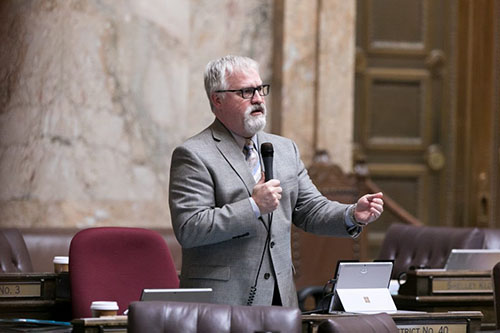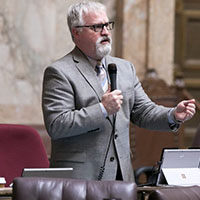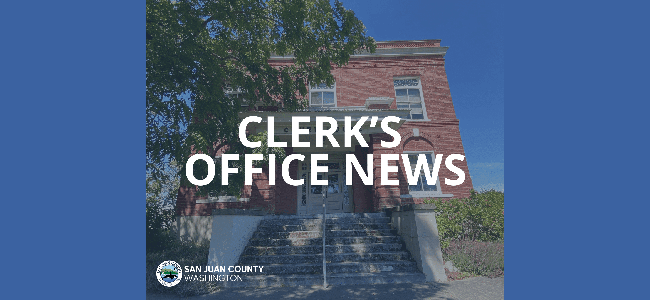— from Rep. Jeff Morris’ Office —

House bills move to Senate as session reaches halfway point
We recently passed two key deadlines here in the House – one for policy committees and another for fiscal committees.
Members have shifted from committee meetings to spending all day (and much of the night!) on the House floor. We’re debating and voting on the bills that made it out of their respective committees by these deadlines. Senators are going through the same process with their bills.
Legislation passing off the House floor will then go the Senate for their consideration, just as Senate bills will cross the rotunda for consideration by House committees.
Bills considered necessary to implement budgets are exempt from these cutoff deadlines and could be voted on up until the last day of session.
Please visit https://app.leg.wa.gov/billinfo/ if you’re interested in the status of any bill.
Two of my bills are heading to the Senate
While we still have seven days to vote bills out of the House, two of my bills are already in the Senate.
Helping Orcas: I co-sponsored HB 1341 to help our resident Orca population by prohibiting people from flying unmanned aerial vehicles (aka drones) over them. It’s clear our Orcas are in trouble; we must do all we can to help them survive and thrive. A number of bills are in play to help, including mine. Stopping drones from buzzing Orcas will hopefully reduce unneeded stress and lead to healthier adults and juveniles.
Saving Energy, Saving Money: HB 1444 updates the state’s Efficiency Standard Code by requiring 17 more private and commercial appliances and products in the state to reduce energy use. The bill also repeals a 28-year-old water efficiency law that used outdated efficiency standards.
According to state Department of Commerce estimates, over the next 15 years the bill would save:
- $2 billion of net cost savings;
- Nearly 10 million megawatt-hours of electricity;
- 5 million therms of natural gas;
- 149 billion gallons of water; and
- 98 million metric tons of carbon.
Products affected by the bill range from air compressors, commercial fryers and dishwashers, to faucets, showerheads and water coolers, among others. A complete list can be found in the bill analysis.
The bill also creates a first-in-the-nation standard that will require electric water heaters to “talk” to the energy grid so that electricity use can be managed to produce more output during peak usage, and conserve energy during down times.
**If you are reading theOrcasonian for free, thank your fellow islanders. If you would like to support theOrcasonian CLICK HERE to set your modestly-priced, voluntary subscription. Otherwise, no worries; we’re happy to share with you.**







